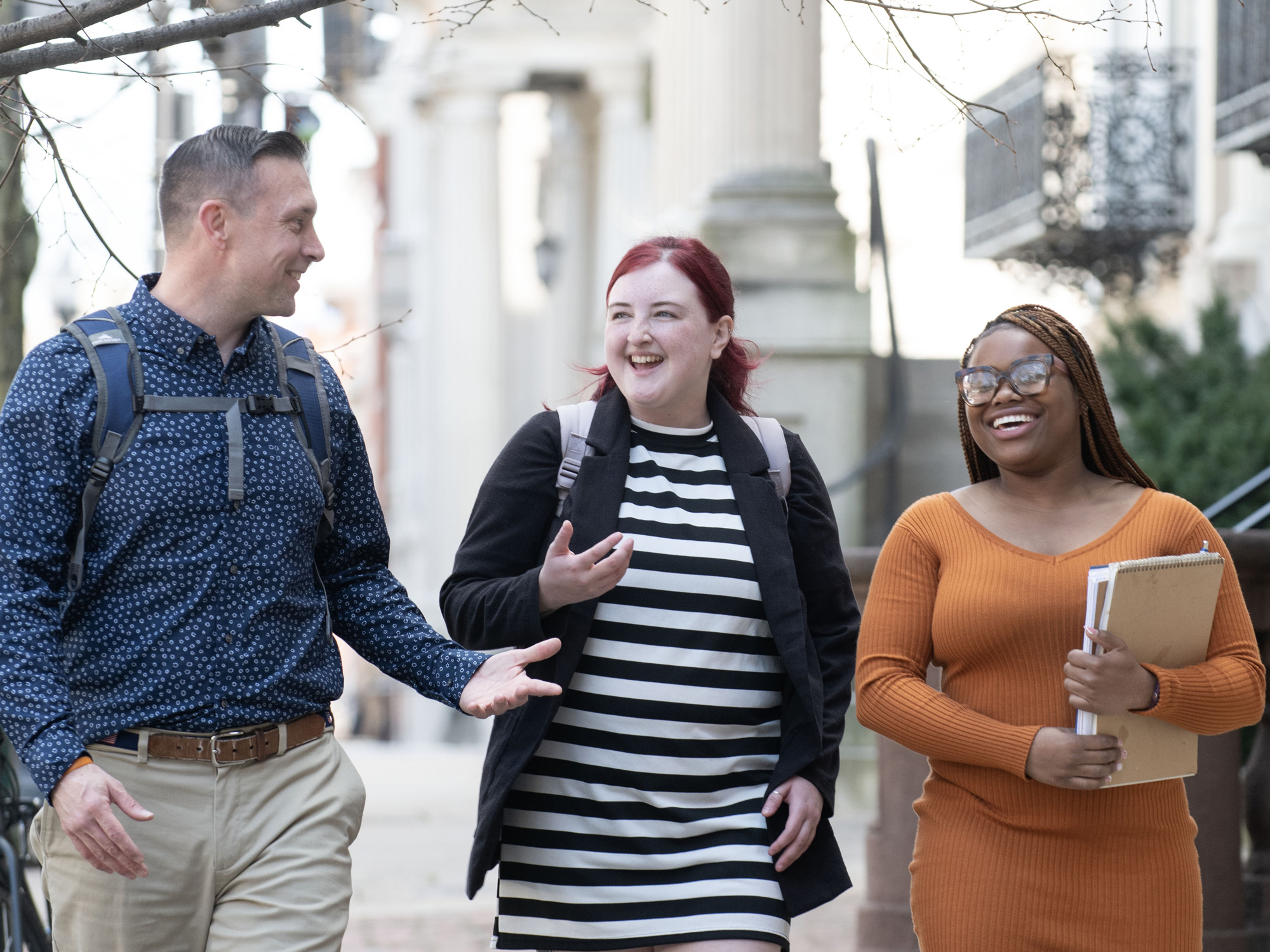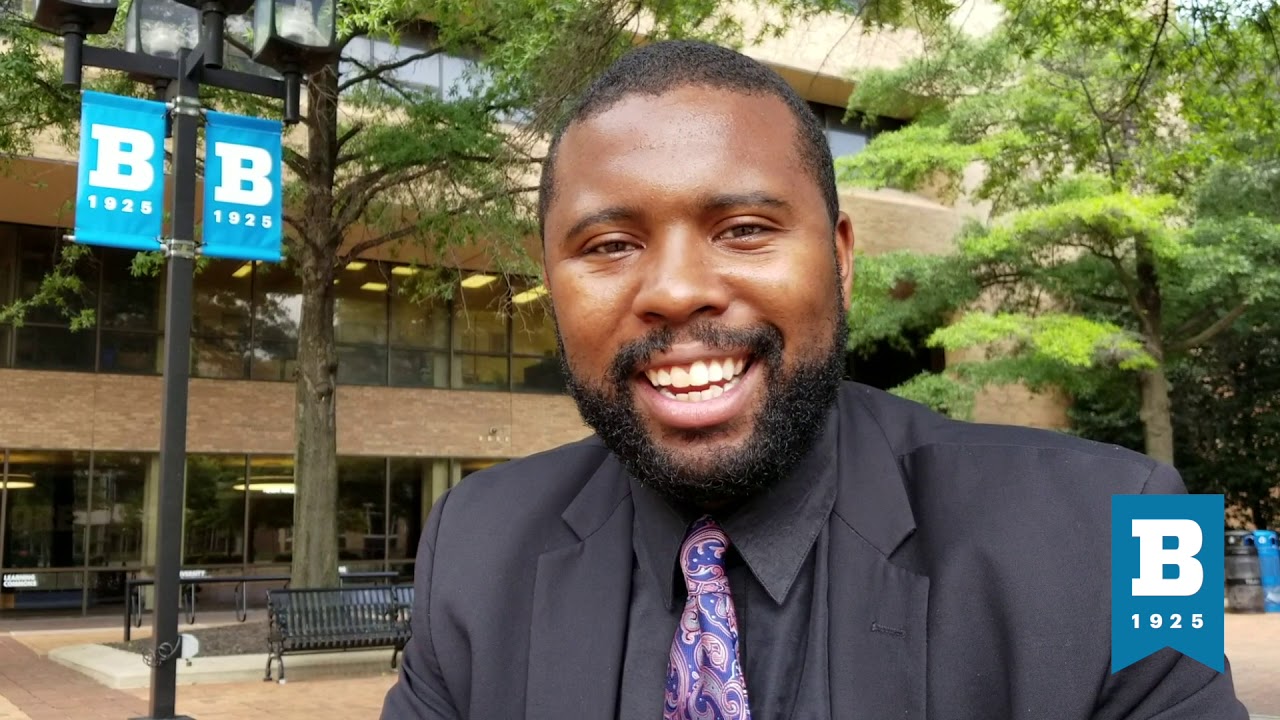Legal Studies

Why This Degree is For You
step closer to your law-related career
The Bachelor of Arts in Legal Studies program provides coursework that builds your legal skills and knowledge.
 Accelerated Bachelor's to Master's Option
Accelerated Bachelor's to Master's Option
 Law School Early Entry Option
Law School Early Entry Option
Law, Justice and Public Affairs
Program Type
Locations/Format
Cost
Undergraduate
Tuition & Fees
Requirements
121 credits to earn a degree.
Quick Links
B.A. in Legal Studies
Ready to dive into the world of law? Our Bachelor of Arts in Legal Studies program is designed to build your legal skills and knowledge through an exciting blend of coursework. You'll explore legal studies alongside criminal justice, history, and policy, politics, and international affairs. This 33-credit program offers a highly flexible and transfer-friendly curriculum, tailored to your unique interests.
The professors treated us like law students, and they held us to a standard and they use law school textbooks. It's prepared me so much. I recommend anyone that is thinking about going to law school should definitely take the Legal Studies program at UBalt. ... I definitely feel better equipped to go on and get a law degree.
Unique law-related internships
As part of your coursework, you have the option to participate in a variety of unique law-related internships, including the Court Navigator Program. This internship program—developed by UBalt in cooperation with the District Court of Maryland—allows student interns to directly assist unrepresented litigants in court with their legal cases (to the extent permitted by law).
Some sample Legal Studies courses include:
A general survey of the development of American law from colonial times to the present. Emphasizes the importance of social change and political conflict in legal development. Topics include the reception of English law in the colonies, the establishment of the federal court system and the struggle to modernize American law in the 19th and 20th centuries. Coursework involves the analysis of original legal documents and materials.
An examination of the general and specific parts of the substantive criminal law in the United States, its development within historical and societal contexts, and its representation in statutory and case law. Consideration is given to problems of application and interpretation of the written law.
In-depth exploration of the organization of the American legal system. Examines how law is organized as a field of knowledge and practice and how it functions as an instrument of government and arena of dispute resolution. Also considers the context of law and law's effectiveness in promoting justice and social policies.
Students will gain a foundation in policy analysis -the process of creating, critically assessing and communicating information to determine which of various policy alternatives will best achieve a given goal(s) within the American policy arena. Students will understand the policy process and analysis by: Defining, assessing, and describing public problems; Identifying policy goals and criteria to assess possible strategies; Crafting appropriate policy options by borrowing, adapting, and creating; Analyzing and predicting the effects of alternative policy options; and Communicating policy advice in written and oral presentations.
The procedural, evidentiary and strategic aspects of litigation. Introduces the basics of pleadings, discovery, motion practice, rules of evidence and trial techniques. Covers how court cases are initiated, prepared, and tried. Includes participation in a mock trial.
What Our Graduates Do
Our Bachelor of Arts in Legal Studies graduates excel in various law-related careers. They thrive in roles that require strong legal knowledge and skills, making significant contributions to their organizations and communities.
Common Roles
- Legal Assistant
- Paralegal
- Compliance Officer
- Court Reporter
- Policy Advisor
- Legal Researcher
- Government Contractor

A Message from Dean Christine Spencer
Read Full StoryA degree from the Yale Gordon College of Arts and Sciences is more than an academic credential; it is a gateway to new possibilities.








